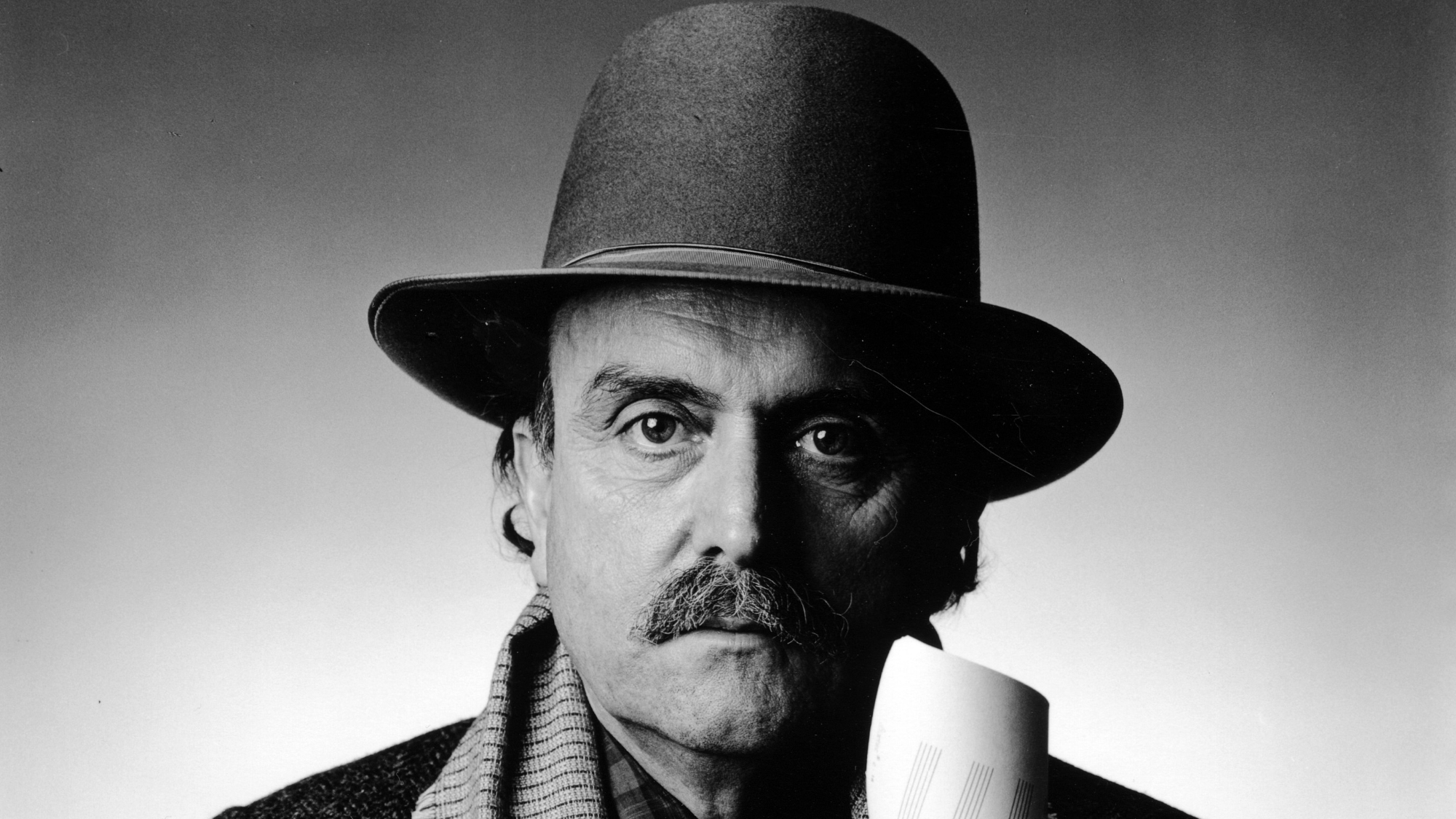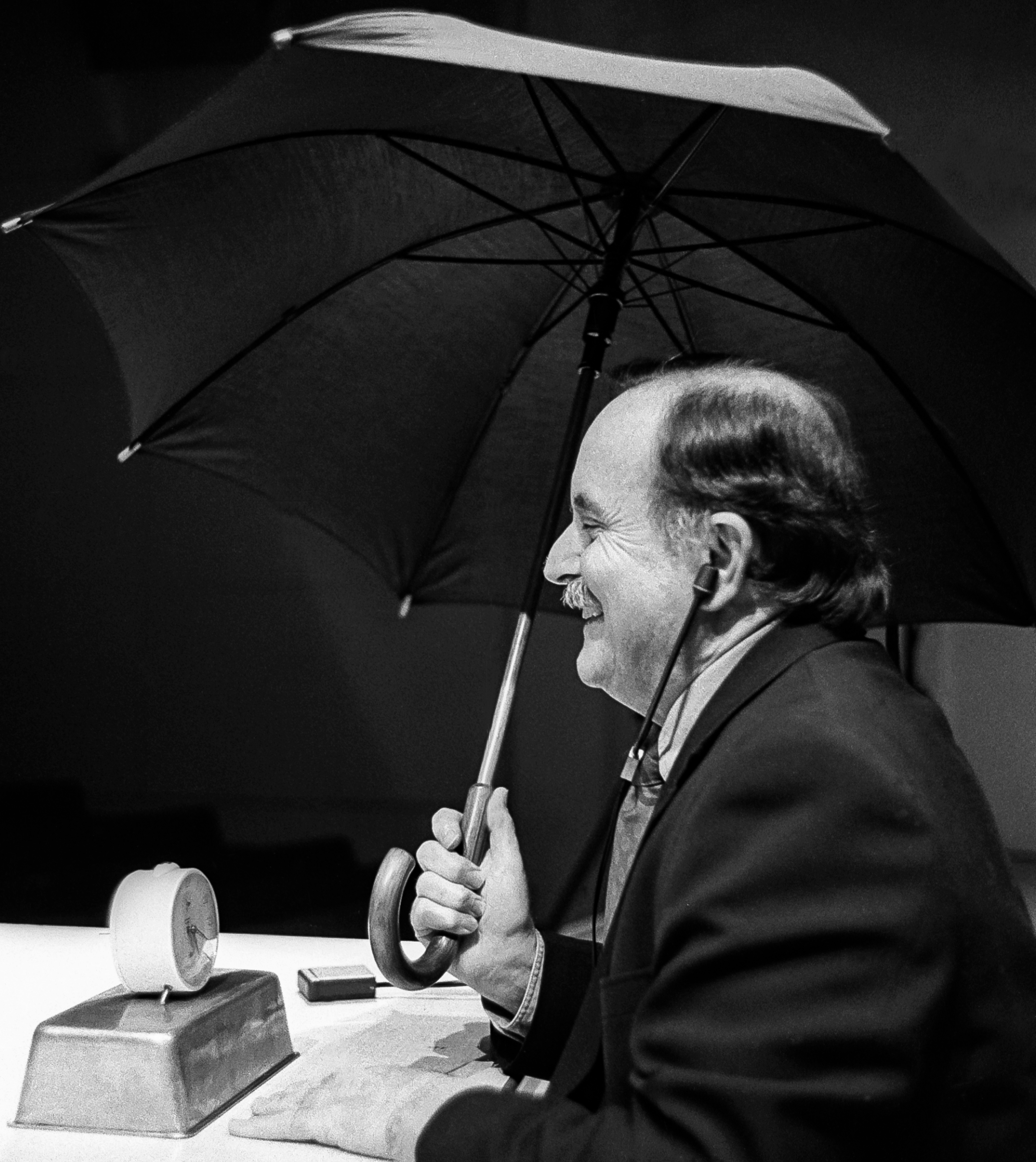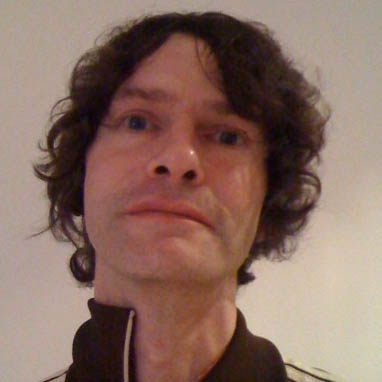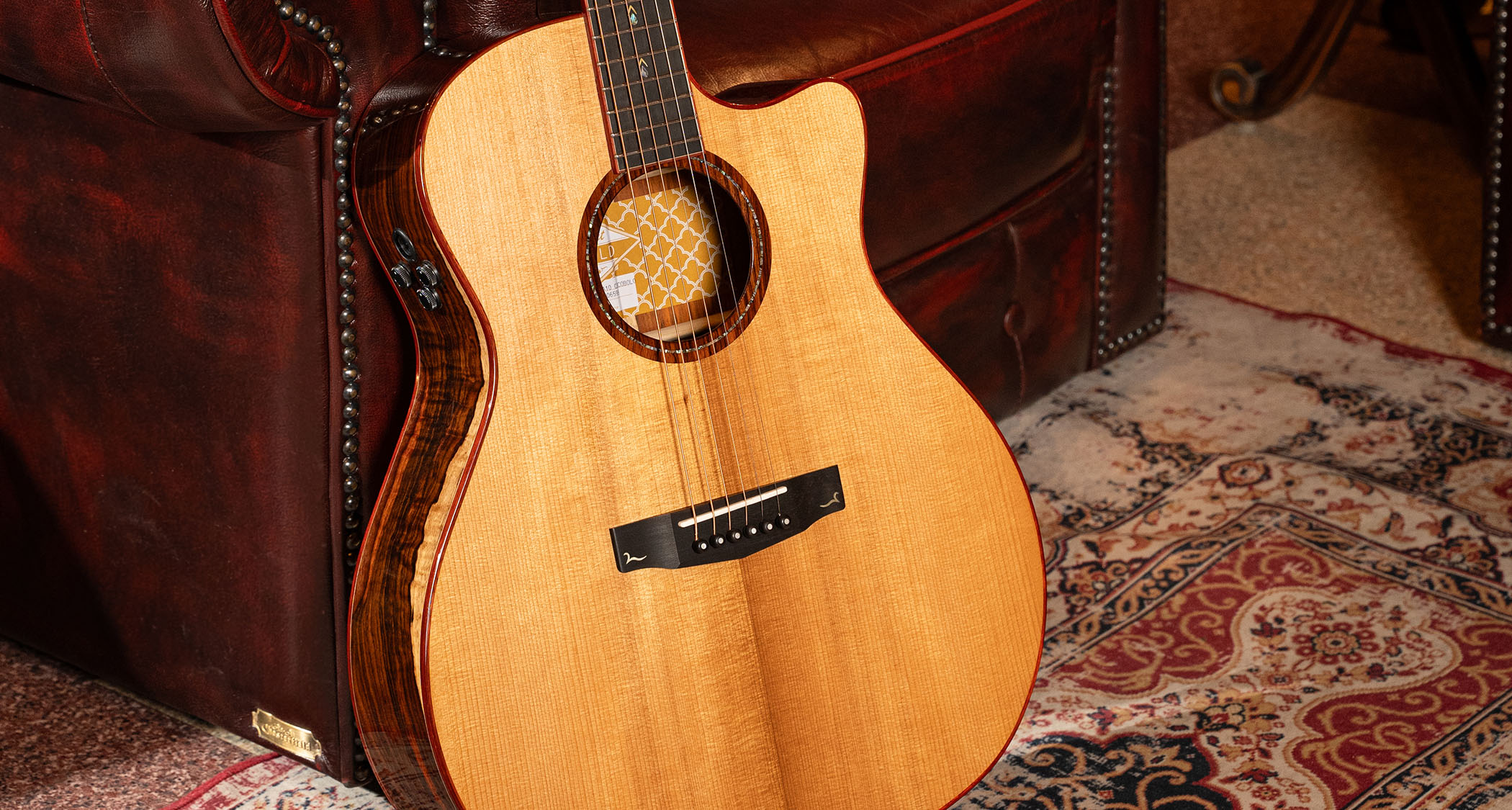Who Wants To Live Forever? The composer still creating music from beyond the grave
Alvin Lucier’s lab-grown artificial ‘brain’ is creating sound four years after he died

It sounds like science fiction. Or one of Elon Musk’s more whacked-out tech fantasies. But an American composer who died in 2021 is still creating music via an artificially-created brain.
How? What? You might well ask.
The composer in question is Alvin Lucier, an experimental musician who had long been interested in neuroscience – in 1965 he became the first artist to use brainwaves to generate live sound in a piece called Music for Solo Performer. Towards the end of his life he agreed to take part in a project called Revivification with a four-man team drawn from the worlds of science and art.
Lucier agreed to donate white blood cells, which were then reprogrammed into stem cells. Then the Revivification team transformed those cells into cerebral organoids – clusters of neurons that mimic the human brain.

Those organoids were grown onto a fine mesh of 64 electrodes, developed with a German bioengineer, that allow neural signals to be captured from multiple layers – much like a developing brain. The team then adapted an open-source platform that could interpret this activity and in turn generate sound, turning the artificial ‘brain’ into a live, responsive performer.
With us so far? Well, at the Art Gallery of Western Australia in Perth you can see Lucier’s organoids and hear the sound they produce. Incredibly they also respond to sound too. Mics placed around the gallery pick up ambient noise, including human voices and that audio data is converted into electrical signals and fed back into the ‘brain’.
“We’re very interested to know whether the organoid is going to change or learn over time,” Guy Ben-Ary, one of the Revivification team, told The Guardian. He said that he hoped that Lucier’s surrogate brain is able to create “new memories, new stories” indefinitely.
Get the MusicRadar Newsletter
Want all the hottest music and gear news, reviews, deals, features and more, direct to your inbox? Sign up here.
It’s enough to blow your mind (pun intended). And it also raises some profound questions about human creativity and artificial intelligence. “Where does creativity lie?”
Revivification’s founder Nathan Thompson muses. “As cultural workers, we are really interested in these big questions. But this work is not giving the answers. Instead, we want to invite conversations … Can creativity exist outside of the human body? And is it even ethical to do so?”
The Revivification team is confident cutting-edge science will be very interested in their experiment. “When we work with these big artistic questions, we can push the limits of what’s possible,” Thompson’s colleague Matt Gingold says. “Because science hasn’t answered this. They’re not even at the point of asking the question.”
In the meantime, if you’re anywhere near Perth, Revivification sounds like a must-see. Find out more here.

Will Simpson is a freelance music expert whose work has appeared in Classic Rock, Classic Pop, Guitarist and Total Guitar magazine. He is the author of 'Freedom Through Football: Inside Britain's Most Intrepid Sports Club' and his second book 'An American Cricket Odyssey' is due out in 2025
You must confirm your public display name before commenting
Please logout and then login again, you will then be prompted to enter your display name.
“How daring to have a long intro before he’s even singing. It’s like psychedelic Mozart”: With The Rose Of Laura Nyro, Elton John and Brandi Carlile are paying tribute to both a 'forgotten' songwriter and the lost art of the long song intro
“Give it up for Neil Finn!”: Dua Lipa sings a Crowded House classic on her Radical Optimism tour - and brings out its writer to perform it with her









